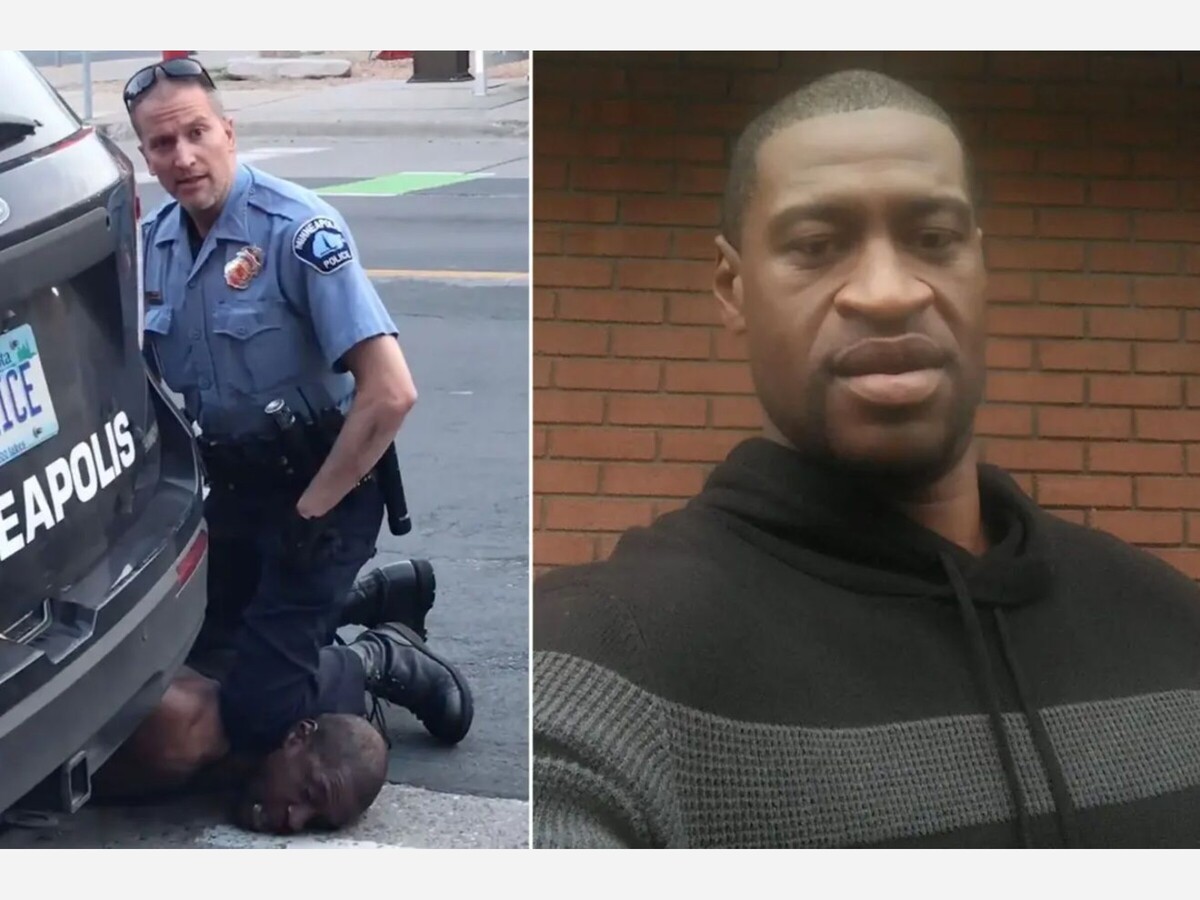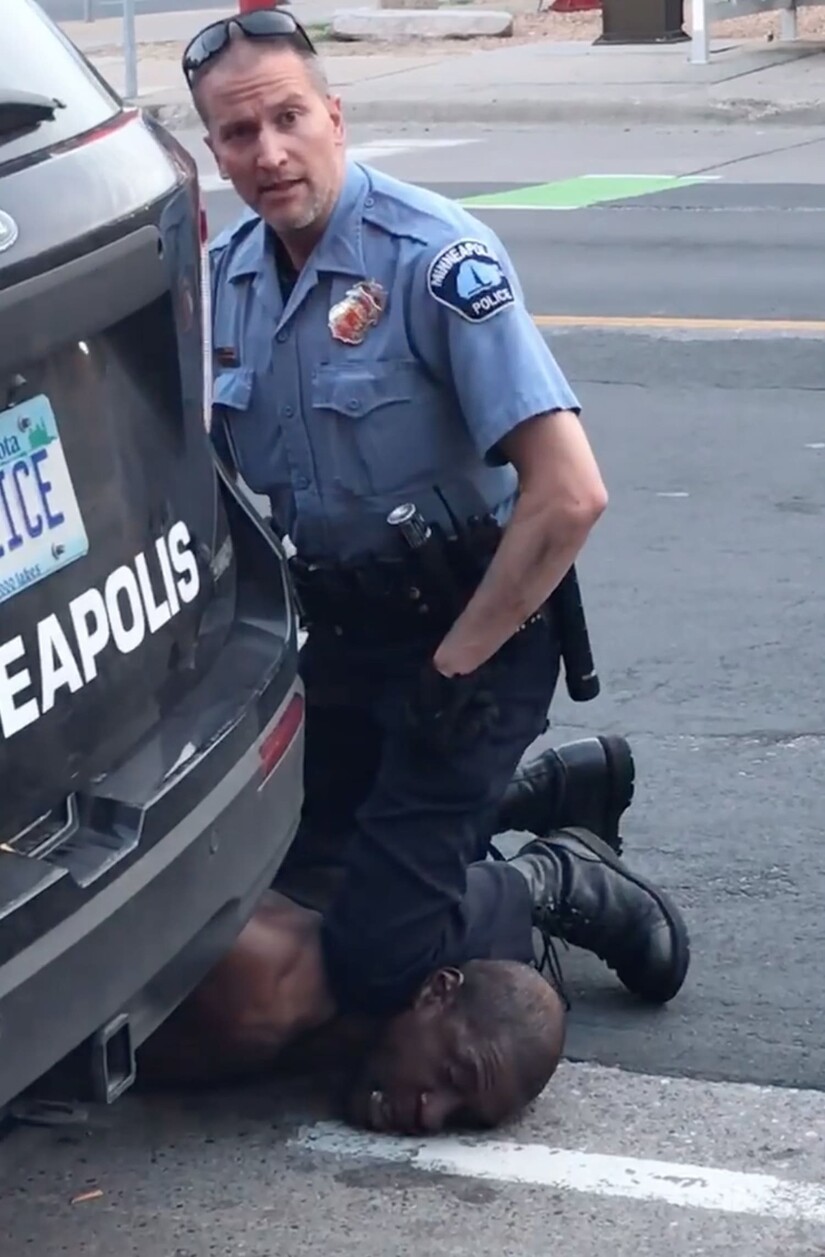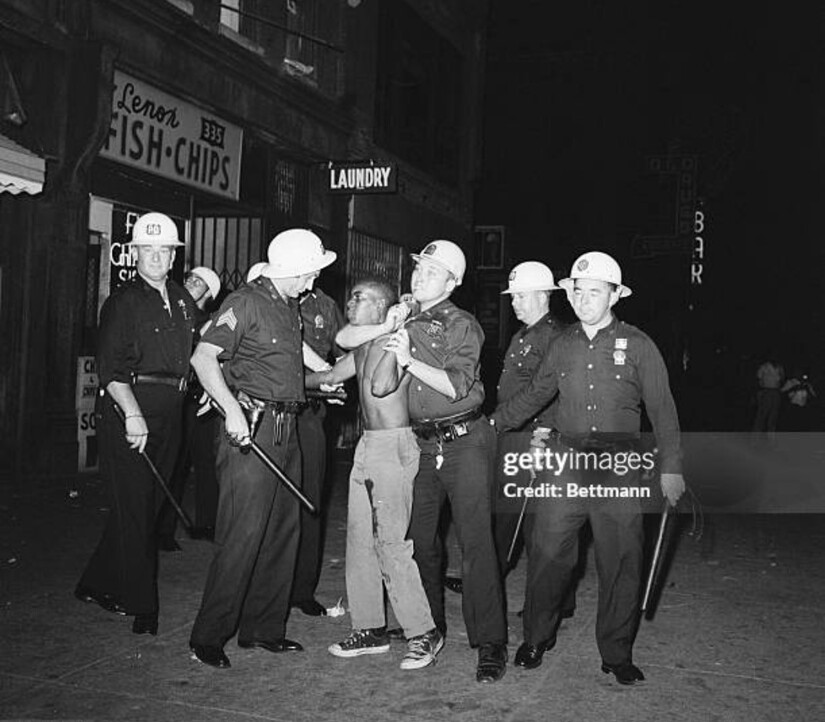Image

Five Years Later — The Enduring Legacy of George Floyd
Tribute To George Floyd ✊🏾

Five years after George Floyd's dying words, "I can't breathe," became a rallying cry for justice, the tragic truth is that those words continue to echo through our communities.
Despite the global outcry and promises of reform, the senseless killings of Americans of African descent at the hands of law enforcement have not ceased. While some states have passed police oversight bills and conversations around reform have become more prominent, the reality on the ground often paints a different picture.
The initial momentum for police reform has, in many instances, faced a determined backlash. "Tough on crime" narratives have re-emerged, and recent federal actions have even scrapped agreements for federal oversight of police departments in cities like Minneapolis and Louisville.
For example, the U.S. Department of Justice (DOJ) recently announced it will drop consent decrees and end investigations into Minneapolis and Louisville police departments, effectively abandoning police reform agreements reached with those cities. These consent decrees were court-enforceable agreements intended to address issues like excessive force and discrimination after high-profile officer-involved killings like the ones that saw the murder of George Floyd in Minneapolis and Breonna Taylor in Louisville. This rolling back of accountability measures, coupled with cuts to justice department grants that funded crime prevention and victim services, sends a chilling message about the commitment to systemic change.

The statistics are grim. Black individuals continue to be disproportionately impacted by police violence. Each new incident reopens wounds, reignites trauma, and further erodes the already fragile trust between law enforcement and Black communities. These continued killings underscore a fundamental failure: that the systemic issues that led to George Floyd's murder remain deeply entrenched. It's a stark reminder that while individual officers may be held accountable, the larger machinery of racial bias and excessive force within policing has yet to be dismantled.
The fight for true safety and justice for all remains an uphill battle. The recognition that police are often the default responders for a range of societal issues—from mental health crises to homelessness—without adequate training or alternative resources, highlights a critical flaw in our approach to community safety.
Until we address these underlying issues and fundamentally reimagine what safety looks like, the echo of "I can't breathe" will continue to haunt our nation.